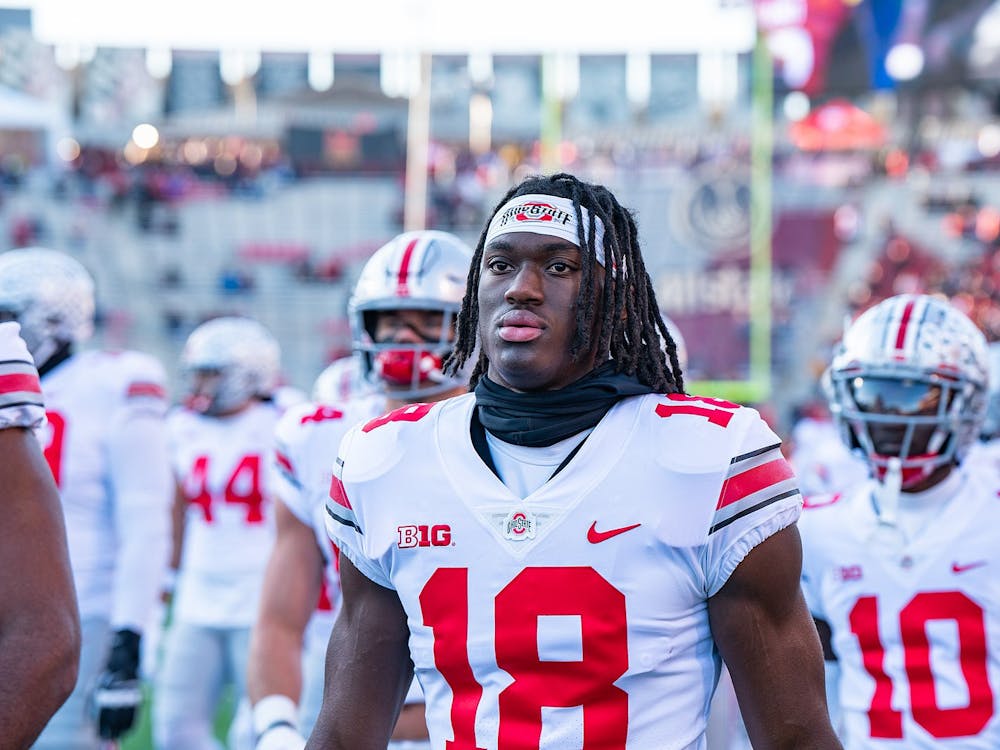Bad news is good for attention, and a dark story can grip a reader’s focus.
So is the approach in The Surgeon’s Wife by WIlliam H. Coles, a story of surgeons, the women in their lives and the patients they treat. Successes are short lived for the characters while their problems only compound, with each development begging the reader to continue onto the next chapter.
The back cover previews the main action of the story, with the most substantial events set into motion by the halfway mark of this 200 page medical drama.
For much of his novel, Coles writes from the limited perspective of Mike Boudreaux, a trauma surgeon in New Orleans who rises to the Chief of Service under the diligent mentorship of Clayton Otherson. The first hundred pages sets the reader up with the challenges Mike faces when he has to arbitrate Clayton’s aggressiveness in marking and performing bariatric surgery with the backlash from colleagues over Clayton’s mistakes in the operating room.
These stresses on his time take a toll on Mike’s relationship with his girlfriend Rosie Dayside, an artist who feels inadequate in the presence of medical professionals and the astounding Catherine Otherson, Clayton’s wife and a socialite in the upper echelons of New Orleans.
Even more depraving for Rosie was her sense of unfulfillment in the limited time that Mike has for her and a dreaded doubt about the sincerity of his love for her. Coles plays out their separation carefully at the end of one chapter, describing a Rosie who is consumed by her doubts and wants to walk away from it all, while Mike struggles to reassure her and yet ultimately accept their fate.
Where Coles seems to fall short is in his buildup of the attraction between Catherine and Mike, an affair that buds in spurts and fits with a less than stellar description of their emotional interplay. Readers who yearn for a steamy description of romantic affairs will find themselves disappointed if they cannot appreciate the more analytical approach that Coles uses, choosing to focus more on the struggles the two have in sustaining their genuine romance.
Some of these struggles extend from what we can stereotypically perceive about a surgeon’s life, while others extend from a series of unfortunate circumstances, least of which is Catherine’s failing marriage to Clayton and her rebellious daughter Melissa. In the midst of the professional retreats, Melissa comes off as a brat who strays far from her parents wishes with Mike stepping in as a surrogate father to let her go on her own way.
This comes in stark contrast to an earlier subplot centered around a drug addict who has a familiarity with Mike, having previously treated her in another visit to the hospital and seeking the support of her father for a more rigorous rehab program.
For but a fleeting moment, Mike finds success in the treatment of this patient through the collaborative help of the patient’s parents and social services, but Coles does not let this end on such as happy note, bringing the patient back into the larger struggle between Mike and Clayton over their bariatric surgery.
Such is the focus for the first half of the novel, centered on the professional disputes between Mike and Clayton before any hint of Catherine’s attraction to Mike appears.
Coles uses this opportunity to address some of the more serious themes of what medicine should focus on, when exactly an elective surgery is necessary, the role of aggressive marketing and the trouble that extends from a surgeon’s failure to recognize a problem in his practice.
Occasionally in this part of the book Coles does slip into his more academic sentence structure and jargon, especially in the details of the more bureaucratic processes that go on in a hospital setting. Coles offers the reader a break from these doldrums with humours outbursts in the midst of the most tense of staff meetings. “You’re a f-----g dentist!” another surgeon said during one of the many meetings.
At the same time, Coles invites the reader to explore similar themes throughout these closed door sessions and staff interactions. “I’m ashamed, this has nothing to do with the profession of healing,” another nameless character said in discussing bariatric surgery with Mike.
For a reader who values thematic content and more professional life lessons, “The Surgeon’s Wife” offers aspiring surgeons and healthcare professionals important lessons in patient care and the practice of medicine.
At the same time, Coles weaves those with a tale of imperfect individuals and bridges set ablaze.
Pre-meds, this will make for a great pleasure reading break from orgo and physics.
















Please note All comments are eligible for publication in The News-Letter.